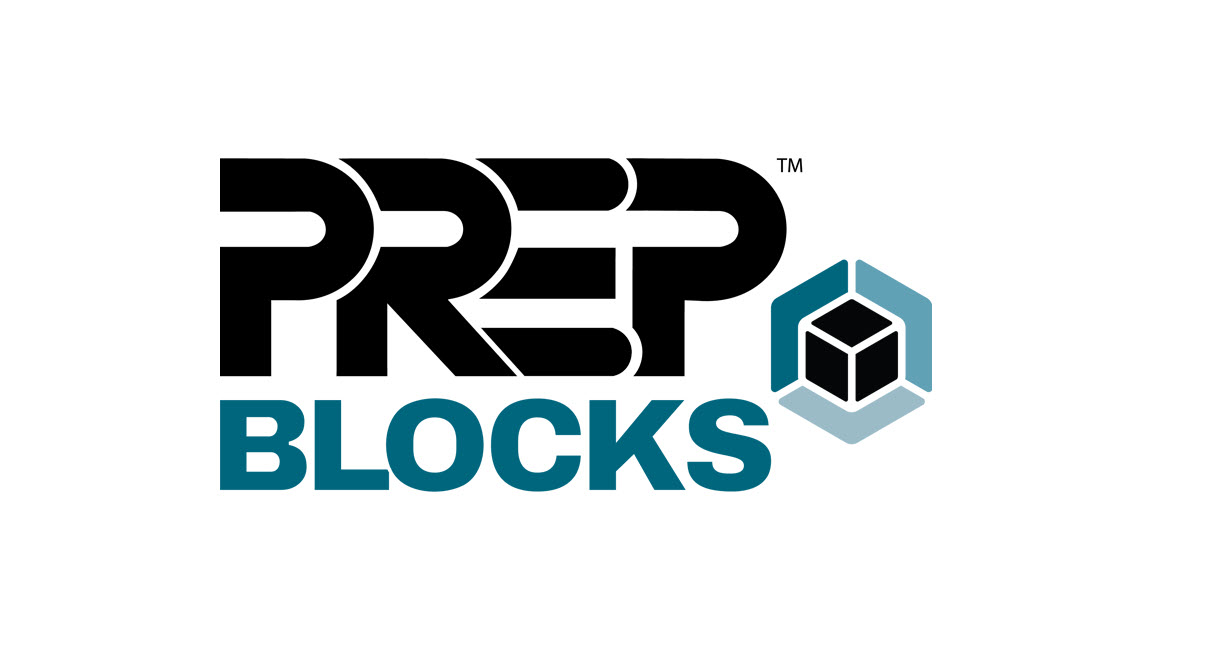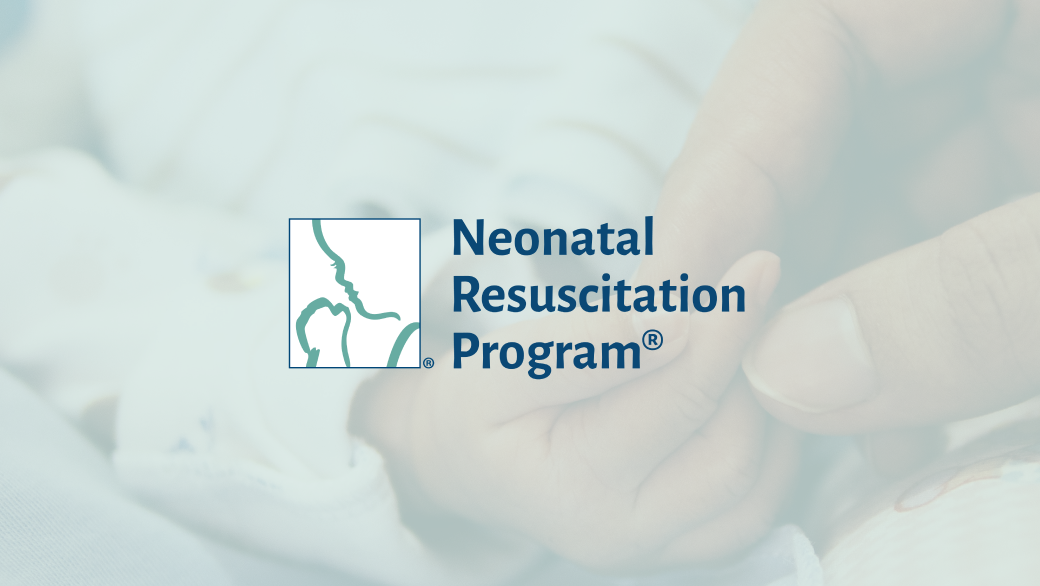

Discover PREP Blocks: A New Era of Pediatric Learning
Trusted PREP® Content, New Mobile App!
For nearly 45 years, the PREP Self-Assessment Program has been a trusted source for pediatric learning and professional growth. Now it’s built to fit how you learn today. Meet PREP Blocks: A new, customizable way to access the same trusted PREP questions you know and value, designed to fit your learning style, pace, and schedule.
LEARN MORE
Welcome to PediaLink®
Your gateway to trusted, high-quality education in pediatrics, offering a rich gallery of live, virtual, and online learning experiences thoughtfully tailored for personalized learning at every career stage.
Be sure to come back often to explore our ever-evolving resources, cultivating your knowledge and expertise across the dynamic field of pediatrics.
Education Experiences
At any stage of your career, you can find education that meets your needs.
PREP® Self-Assessments
PREP has provided authoritative and relevant educational assessments for improving child health for over 40 years. Turn to PREP throughout your career for comprehensive learning, to maintain practice standards, or to earn continuing education credit.
Professional Development
Expert tools and programs to elevate essential skills.
Journals & Publications
Stay current and earn CME credit and MOC Part 2 points with monthly clinical review journals publishing special features such as Visual Diagnosis and Index of Suspicion, and pediatric journal review by specialty experts covering the most clinically relevant topics.
Pediatrics in Review
NeoReviews
AAP Grand Rounds
Neonatal Resuscitation Program®
The NRP® course is an evidence-based approach to care of the newborn at birth and facilitates effective team-based care for newborns at the time of delivery.

Accreditation Services
Explore the AAP’s accreditation services, specializing in the planning and allocation of credits for your educational activities.
AAP Credit Activities
Click here to review a list of upcoming activities approved for AAP Credit.
Last Updated
10/07/2025
Source
American Academy of Pediatrics